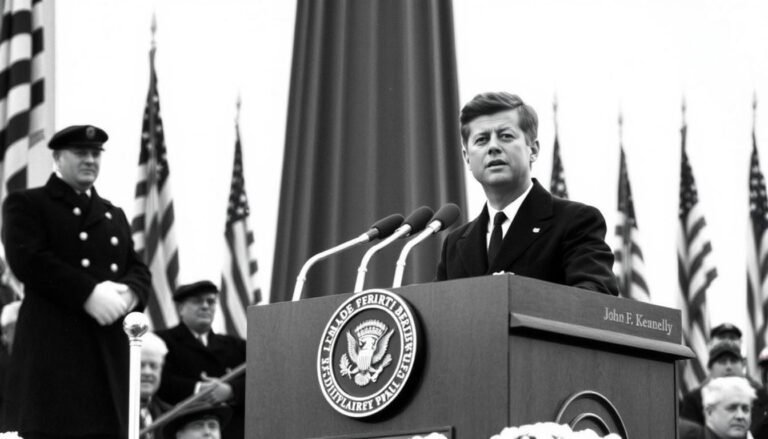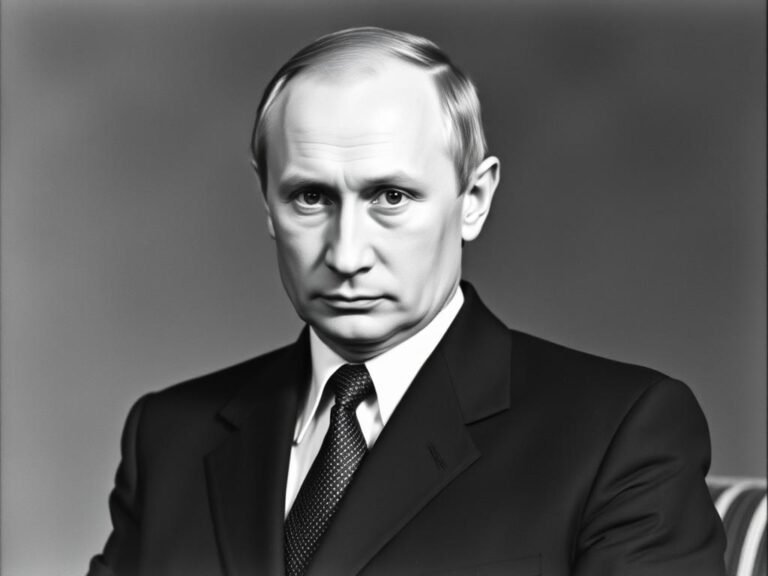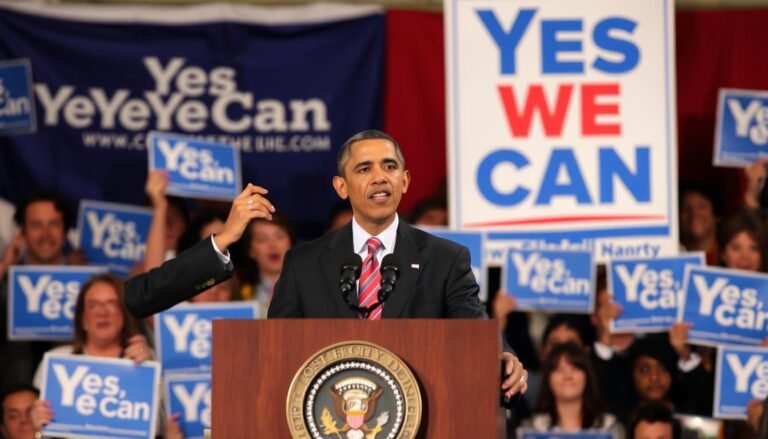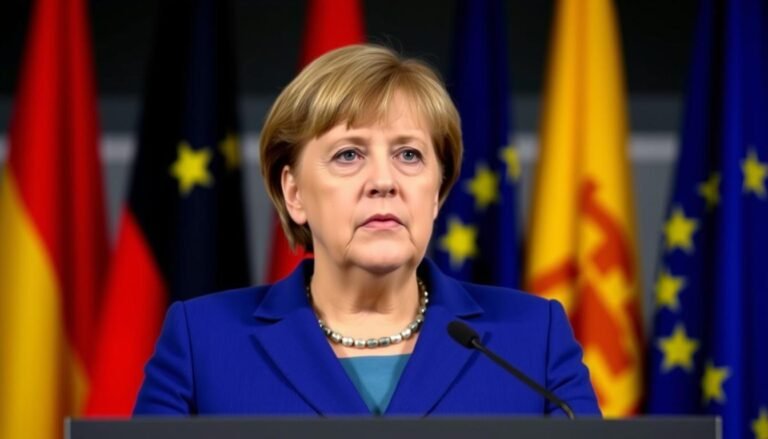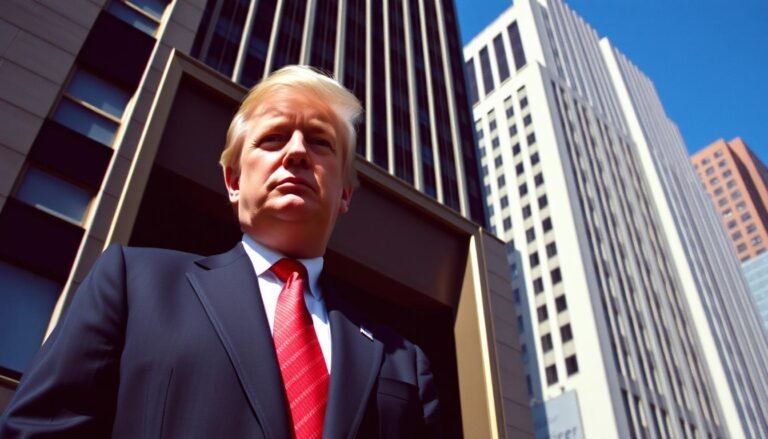Winston Churchill – The Bulldog of Britain
Winston Churchill stands as one of history’s most formidable statesmen, a man whose unwavering resolve and defiant spirit earned him the nickname “The British Bulldog.” When Britain faced its darkest hour during World War II, it was Churchill who rallied a nation with his powerful oratory and uncompromising leadership. His tenacity in the face of seemingly insurmountable odds transformed him from a controversial political figure into a national icon whose legacy continues to inspire generations. This is the story of how a privileged aristocrat became the embodiment of British determination and courage during humanity’s greatest conflict.
From Aristocrat to Statesman: Churchill’s Early Years
Young Winston Churchill in his military uniform, displaying the confidence that would define his character throughout his life.
Born on November 30, 1874, at Blenheim Palace in Oxfordshire, Winston Leonard Spencer-Churchill entered the world as the son of Lord Randolph Churchill and American-born Jennie Jerome. Despite his aristocratic lineage, Churchill’s childhood was marked by parental neglect, with his nanny Elizabeth Everest providing the emotional support his parents did not. Churchill would later describe her as “my dearest and most intimate friend during the whole twenty years I had lived.”
Churchill’s academic journey was unremarkable. He struggled at Harrow School, showing aptitude only in subjects that interested him, particularly history and English. His poor grades led him to the Royal Military College at Sandhurst rather than university, where he graduated 20th in a class of 130 cadets.
The young Churchill’s thirst for adventure and recognition led him to combine military service with journalism. As a war correspondent in Cuba, India, and South Africa, he built his reputation through daring exploits. His escape from a Boer prisoner-of-war camp in 1899 catapulted him to celebrity status in Britain, providing the platform for his entry into politics.

Churchill’s capture and dramatic escape during the Boer War transformed him into a national hero and launched his political career.
Churchill’s early political career was marked by his willingness to switch party allegiances based on principle rather than loyalty. First elected to Parliament as a Conservative in 1900, he crossed the floor to join the Liberals in 1904 over the issue of free trade. This political flexibility earned him criticism as an opportunist but demonstrated his willingness to place conviction above party politics.
By 1911, Churchill had risen to First Lord of the Admiralty, where he worked to modernize the British fleet. However, the disastrous Gallipoli campaign during World War I nearly ended his political career. Churchill bore the brunt of the failure and resigned from government, briefly returning to active military service on the Western Front. This period of political exile, which he later called his “wilderness years,” tested his resilience but failed to diminish his determination to return to public life.
The Making of the British Bulldog

Churchill’s defiant “V for Victory” gesture became an iconic symbol of British resistance during WWII.
The “British Bulldog” nickname perfectly captured Churchill’s physical appearance and temperament. With his round face, jutting jaw, and stocky build, Churchill physically resembled the tenacious breed. More importantly, he embodied the bulldog’s legendary determination and refusal to let go once committed to a course of action.
This moniker gained cultural significance during World War II, when Churchill’s stubborn defiance of Nazi Germany mirrored the bulldog spirit. Political cartoonists frequently depicted him as a bulldog, reinforcing this imagery in the public consciousness. Churchill himself embraced the comparison, understanding its power as a symbol of British determination.
Churchill’s personal habits further cemented this image. His love of cigars, distinctive bow ties, and penchant for sipping whiskey created a memorable persona. He cultivated this image carefully, understanding the importance of personal branding long before the term existed. His V-for-Victory hand gesture became an iconic symbol of resistance that inspired millions.
Behind the public persona was a complex man of contradictions. Churchill battled what he called his “black dog” of depression throughout his life, channeling his emotional struggles into remarkable productivity. He was an accomplished painter, bricklayer, and author who won the Nobel Prize for Literature in 1953 for his six-volume history of World War II.

Churchill found solace in painting, producing over 500 works throughout his lifetime.
Churchill’s family life revealed yet another dimension of his character. His marriage to Clementine Hozier in 1908 provided him with a steadfast partner who remained his closest confidante throughout their 57-year marriage. Churchill was devoted to his five children, determined to be more present than his own father had been. His home at Chartwell in Kent became a sanctuary where he could indulge his hobbies and entertain friends and political allies.
“I tell Clemmie everything,” Churchill once proudly told President Roosevelt, highlighting the importance of his marriage to his personal and political life.
Finest Hour: Churchill’s WWII Leadership

Churchill regularly visited bomb-damaged areas during the Blitz, boosting civilian morale with his visible presence.
When Neville Chamberlain’s appeasement policy failed and Nazi Germany invaded Poland in September 1939, Britain found itself at war once again. By May 1940, as German forces swept through Western Europe, Chamberlain resigned, and Churchill became Prime Minister. His first speech to the House of Commons set the tone for his leadership: “I have nothing to offer but blood, toil, tears, and sweat.”
Churchill’s greatest contribution to the war effort was perhaps his ability to inspire the British people through his extraordinary oratory. His speeches during the Battle of Britain rallied a nation facing the very real prospect of invasion. On June 4, 1940, following the evacuation of British forces from Dunkirk, Churchill delivered one of his most famous speeches:
“We shall fight on the beaches, we shall fight on the landing grounds, we shall fight in the fields and in the streets, we shall fight in the hills; we shall never surrender.”
Churchill understood the power of language to shape reality. When Britain stood alone against Nazi Germany after the fall of France, he transformed potential despair into determination with his August 1940 tribute to the Royal Air Force: “Never in the field of human conflict was so much owed by so many to so few.” These were not merely words; they were weapons in the psychological battle against fear and defeatism.
Beyond rhetoric, Churchill demonstrated remarkable strategic vision. He recognized early that Britain could not defeat Germany alone and worked tirelessly to bring the United States into the war. His personal relationship with President Franklin D. Roosevelt proved crucial in securing American support through the Lend-Lease program even before the U.S. formally entered the conflict.
Churchill’s leadership style was hands-on and energetic despite his advanced age (65 when he became Prime Minister). He created the position of Minister of Defence for himself in addition to his role as Prime Minister, allowing him direct oversight of military operations. His infamous red boxes of government papers followed him everywhere, and he often worked late into the night, dictating memoranda and directives to his staff.

The “Big Three” – Churchill, Roosevelt, and Stalin at the Yalta Conference in February 1945, where they planned the post-war reorganization of Europe.
Churchill’s wartime diplomacy required him to work with unlikely allies, most notably Soviet leader Joseph Stalin. Despite his lifelong opposition to communism, Churchill pragmatically embraced the Soviet Union after Hitler’s invasion of Russia in 1941, famously remarking, “If Hitler invaded Hell, I would at least make a favorable reference to the Devil in the House of Commons.”
The “Big Three” alliance of Churchill, Roosevelt, and Stalin shaped the course of the war through conferences at Tehran (1943) and Yalta (1945). Churchill fought to protect British interests while recognizing the shifting balance of power toward the Americans and Soviets. His foresight about the post-war Soviet threat was evident in his 1946 “Iron Curtain” speech, which warned of Communist expansion in Eastern Europe.
Timeline: Churchill’s Remarkable Career
- 1874: Born at Blenheim Palace, Oxfordshire
- 1899-1900: War correspondent in South Africa, captured and escapes from Boer POW camp
- 1900: Elected to Parliament for the first time as a Conservative
- 1904: Crosses the floor to join the Liberal Party
- 1911: Appointed First Lord of the Admiralty
- 1915: Resigns after the failed Gallipoli campaign
- 1924: Returns to the Conservative Party
- 1929-1939: “Wilderness Years” – out of government, warns about Nazi Germany
- 1940: Becomes Prime Minister as WWII escalates
- 1945: Leads Britain to victory but loses general election
- 1951-1955: Serves second term as Prime Minister
- 1953: Awarded Nobel Prize in Literature
- 1965: Dies at age 90 in London
The Controversial Churchill: Criticisms and Complexities
Churchill’s legacy, while predominantly positive in Western historical accounts, contains significant controversies that reveal the complexities of his character and policies. His imperialist views, considered outdated even in his time, led to decisions that have drawn increasing criticism from modern historians.
Perhaps the most serious criticism concerns Churchill’s role in the 1943 Bengal famine, which claimed approximately three million lives. As Prime Minister, Churchill redirected food supplies away from India to build reserves for Britain and its allies. When informed of the suffering, he reportedly asked why Gandhi hadn’t died yet. While defenders argue these decisions must be viewed in the context of a global war, critics maintain they reflect Churchill’s racial attitudes toward colonial subjects.
Churchill’s stance on India’s independence movement demonstrated his unwavering commitment to the British Empire. He vehemently opposed Indian self-rule and described Mahatma Gandhi as a “half-naked fakir.” This position placed him at odds with evolving attitudes toward colonialism, even within his own Conservative Party.

Despite leading Britain to victory, Churchill lost the 1945 general election as voters sought social reform over wartime leadership.
His military decisions also faced criticism. The disastrous Gallipoli campaign of 1915, which resulted in over 250,000 Allied casualties, nearly ended his political career. Later, his advocacy for the controversial bombing of Dresden in February 1945, which killed approximately 25,000 civilians, raised questions about proportionality in warfare.
Churchill’s domestic policies reflected his complex political evolution. Having crossed the floor twice in his career, he supported progressive social reforms while serving in Liberal governments but later opposed many socialist policies as a Conservative. His decision to return Britain to the gold standard as Chancellor of the Exchequer in 1925 is widely considered an economic mistake that worsened unemployment.
These controversies reveal Churchill as a man of his time, with views shaped by his Victorian upbringing and imperial background. His greatest strength—unwavering determination—could manifest as stubborn inflexibility. Yet even his critics acknowledge that his leadership during World War II, when democracy itself hung in the balance, demonstrated his finest qualities when they were most needed.
The Enduring Legacy of the British Bulldog

Churchill’s state funeral in 1965 was the largest in world history at that time, reflecting his immense impact on Britain and the world.
When Winston Churchill died on January 24, 1965, at the age of 90, Britain mourned not just a former prime minister but a national savior. Queen Elizabeth II granted him the honor of a state funeral, an exceptional tribute for a commoner. His body lay in state in Westminster Hall for three days as more than 320,000 people filed past to pay their respects.
Churchill’s influence on modern British politics transcends party lines. Conservative and Labour politicians alike invoke his memory to lend gravitas to their policies. His wartime coalition government, which united the nation across political divides, remains a model for leadership during national crises.
Globally, Churchill is remembered as a champion of democracy and freedom. His “Iron Curtain” speech at Fulton, Missouri in 1946 defined the Cold War era and demonstrated his continuing geopolitical insight after leaving office. His vision of a “United States of Europe” presaged the European Union, though Britain’s relationship with that institution has proven more complex than he might have anticipated.
Churchill’s literary legacy is equally significant. His Nobel Prize-winning writings, particularly “The Second World War” and “A History of the English-Speaking Peoples,” shaped historical understanding of the 20th century. His speeches continue to be studied as masterpieces of rhetoric, with phrases like “their finest hour” and “blood, toil, tears, and sweat” permanently embedded in the English language.
Perhaps most enduring is Churchill’s example of resilience in the face of adversity. His political career suffered multiple setbacks that would have ended the ambitions of lesser figures. Yet each time, he reinvented himself and returned to public service. This capacity for comeback, combined with his moral clarity during humanity’s darkest hour, ensures his place among history’s most consequential leaders.
In His Own Words: Churchill on Perseverance
“Success is not final, failure is not fatal: it is the courage to continue that counts.”
“If you’re going through hell, keep going.”
“Never give in, never give in, never, never, never, never—in nothing, great or small, large or petty—never give in except to convictions of honor and good sense.”
“Continuous effort—not strength or intelligence—is the key to unlocking our potential.”
“The pessimist sees difficulty in every opportunity. The optimist sees opportunity in every difficulty.”
Winston Churchill – The Bulldog of Britain – remains one of history’s most fascinating figures. His journey from aristocratic birth to wartime leadership embodies the triumph of determination over adversity. While his legacy contains contradictions and controversies, his unwavering courage during Britain’s darkest hour secured his place as one of the 20th century’s defining statesmen. The bulldog spirit he personified—tenacious, defiant, and ultimately victorious—continues to inspire those facing seemingly insurmountable challenges. In a world of increasing complexity and uncertainty, Churchill’s example reminds us that leadership requires not just intelligence or privilege, but moral courage and the willingness to stand firm when the stakes are highest.
Explore Churchill’s Legacy Further
Download our free illustrated timeline of Winston Churchill’s life and career, complete with rare photographs and his most inspiring quotes about leadership and perseverance.



